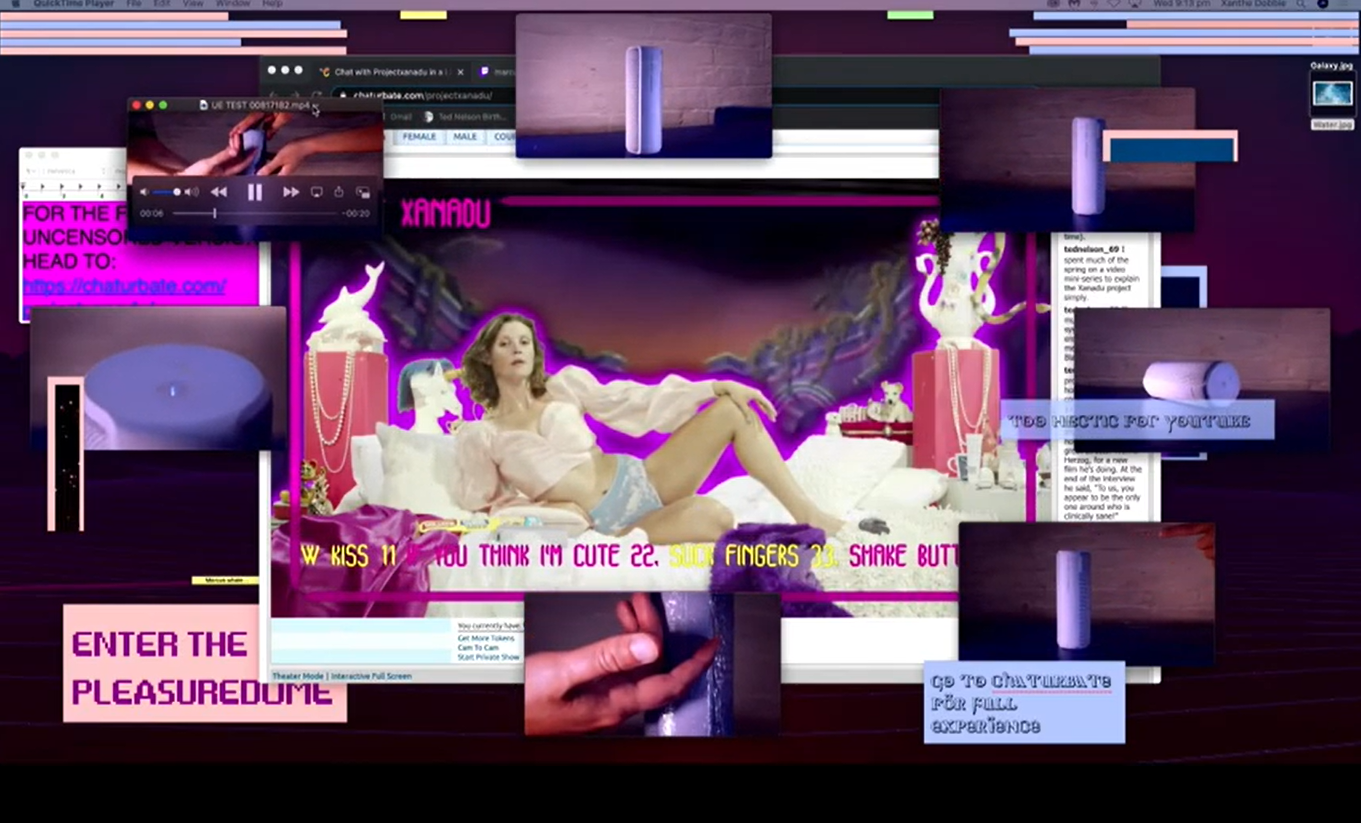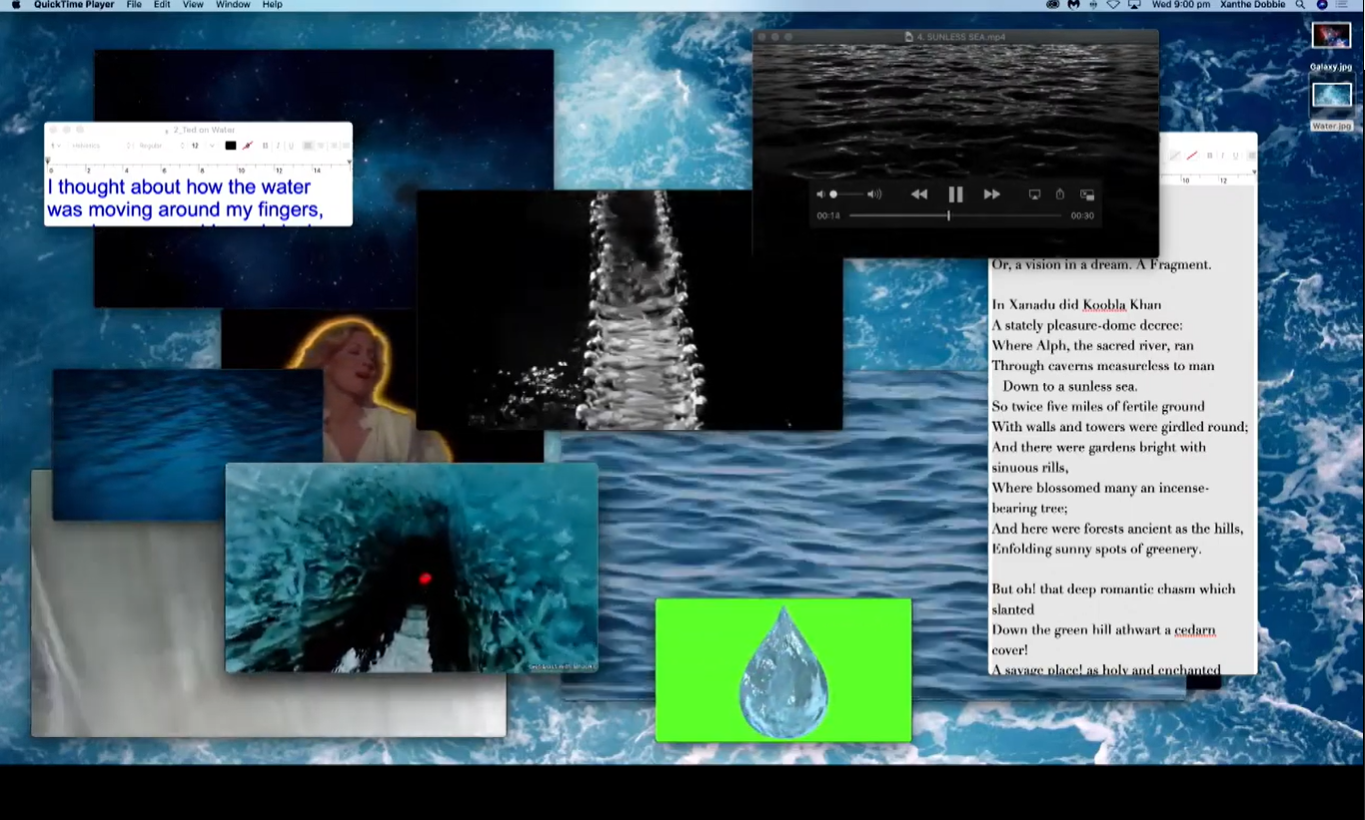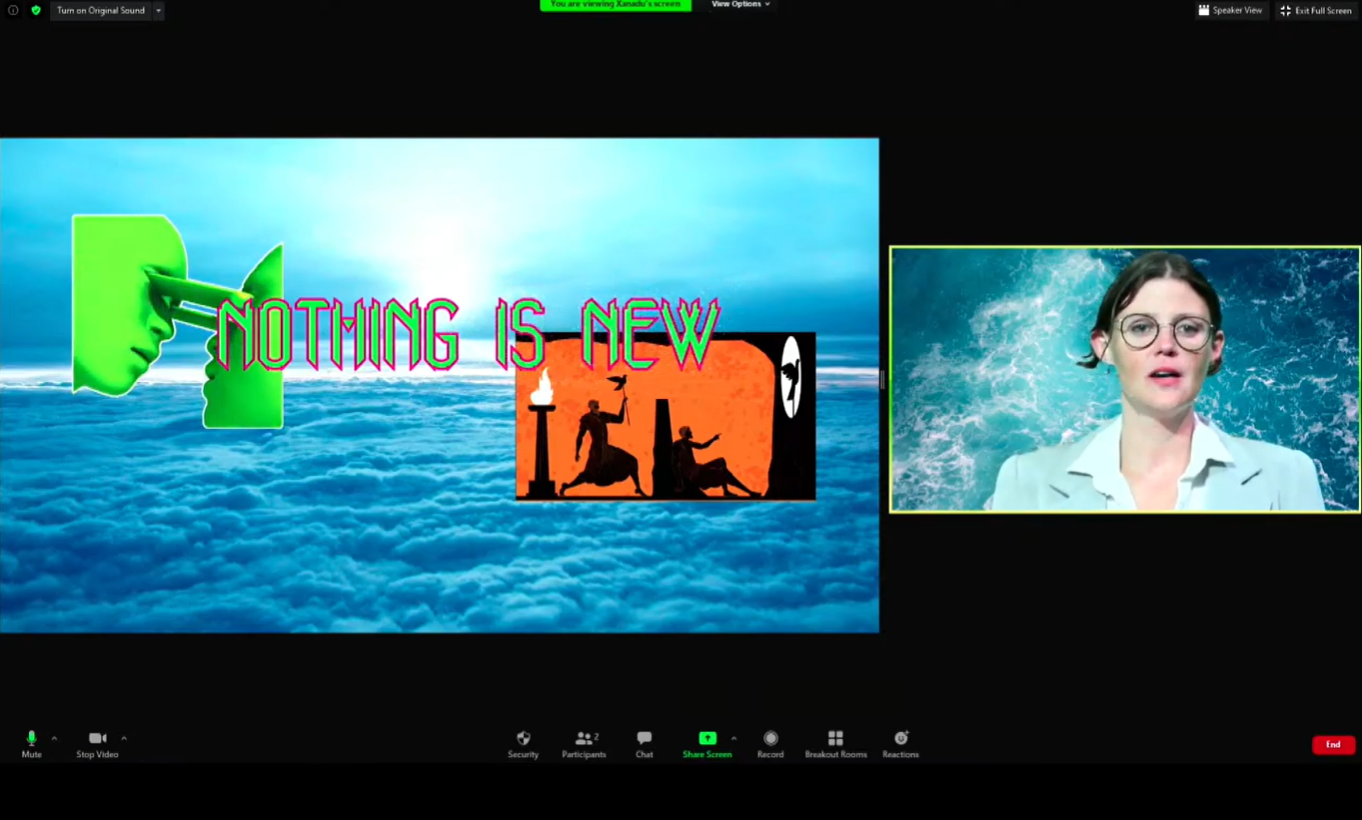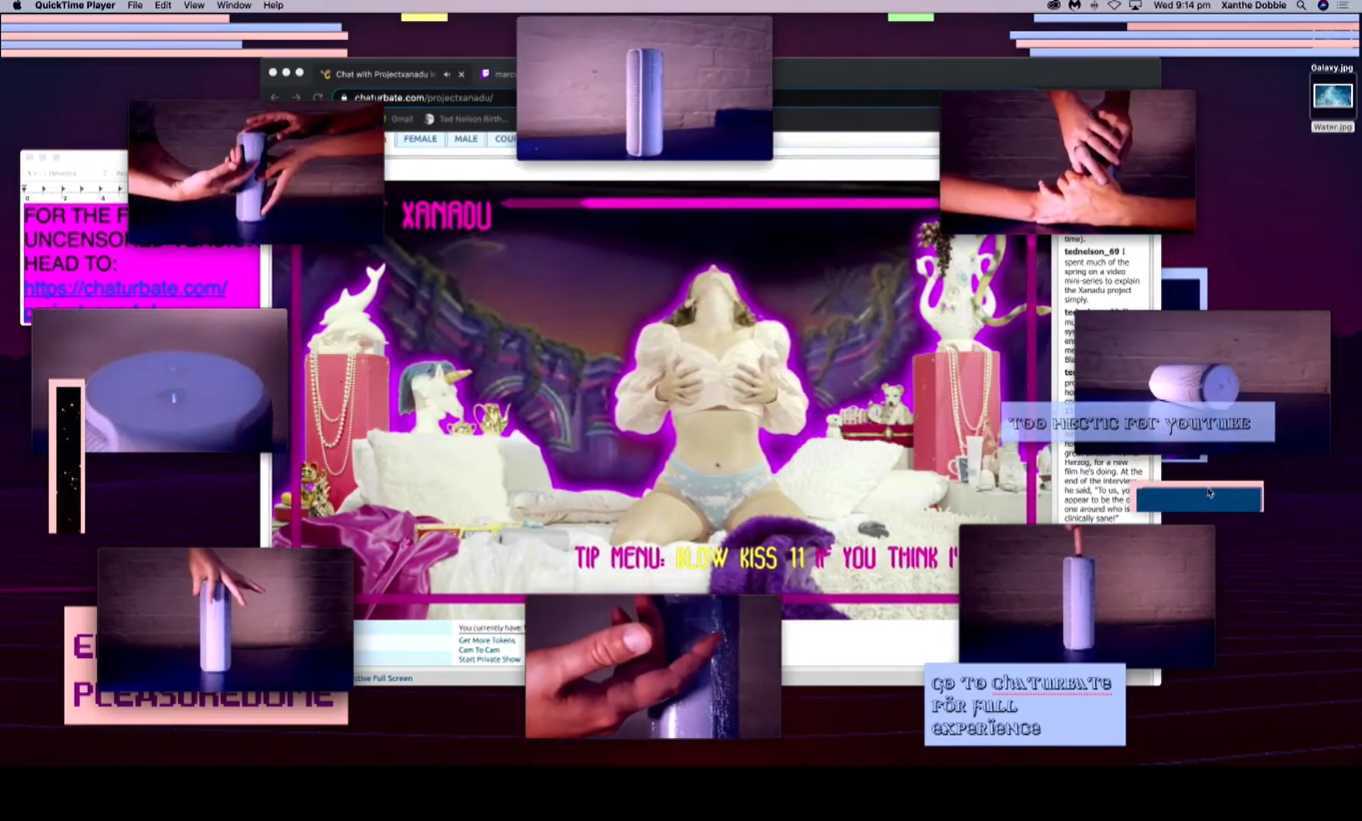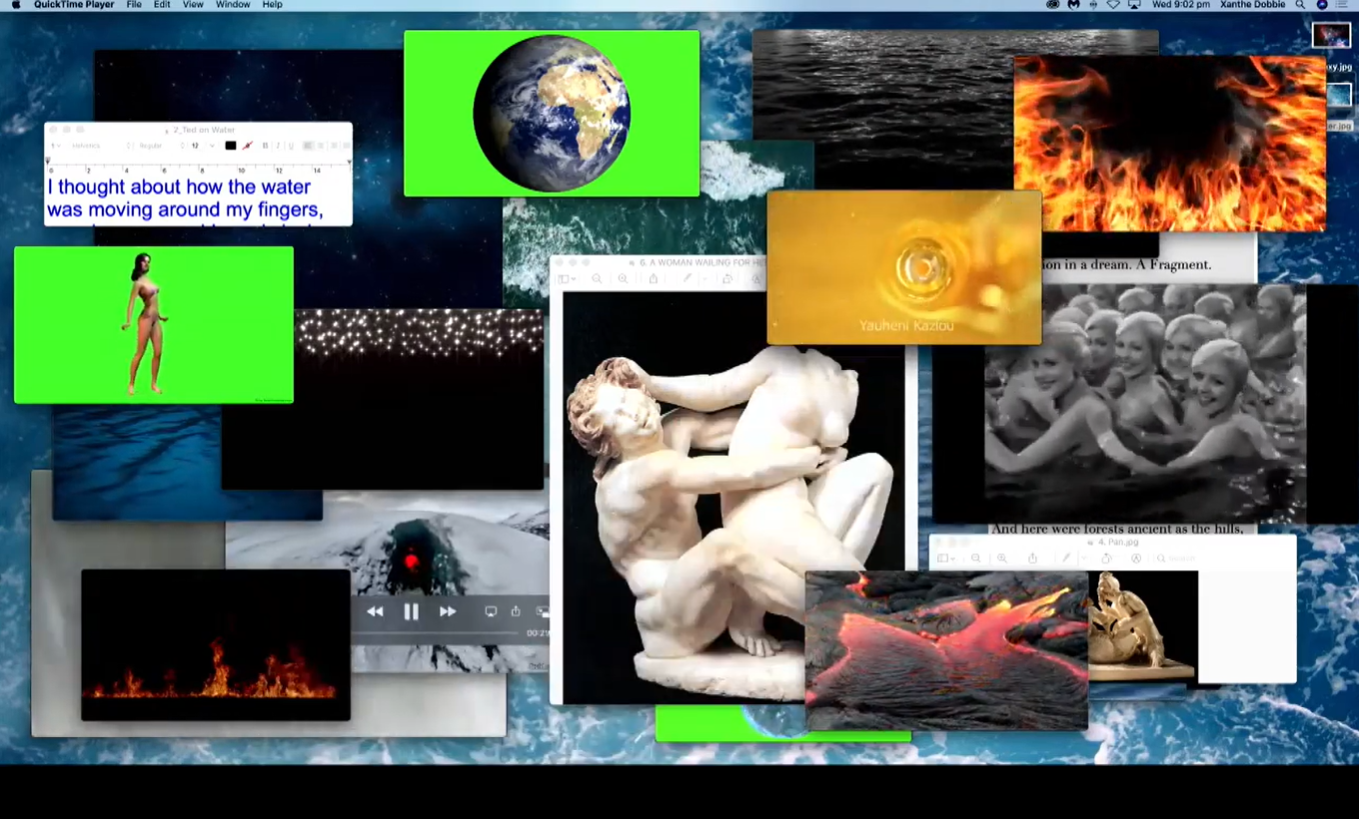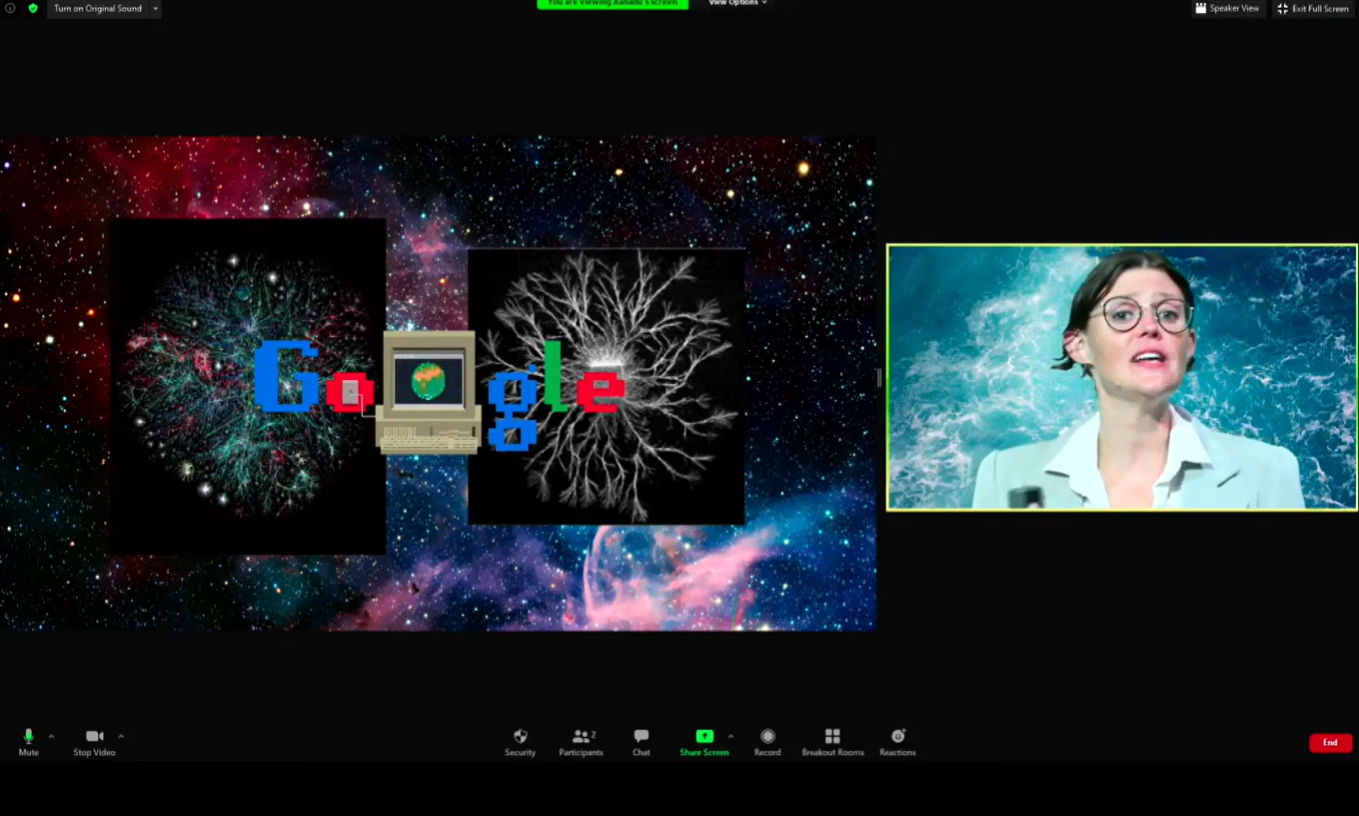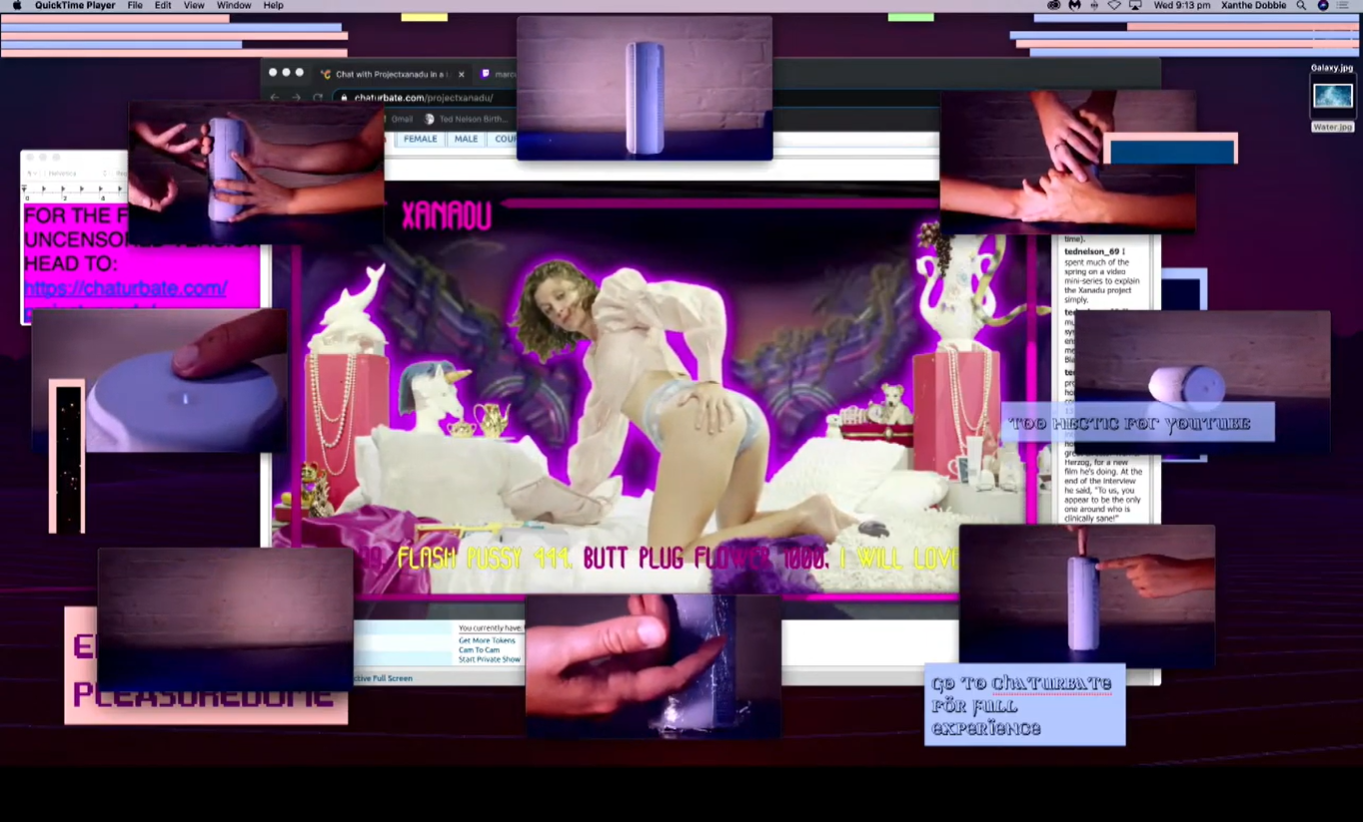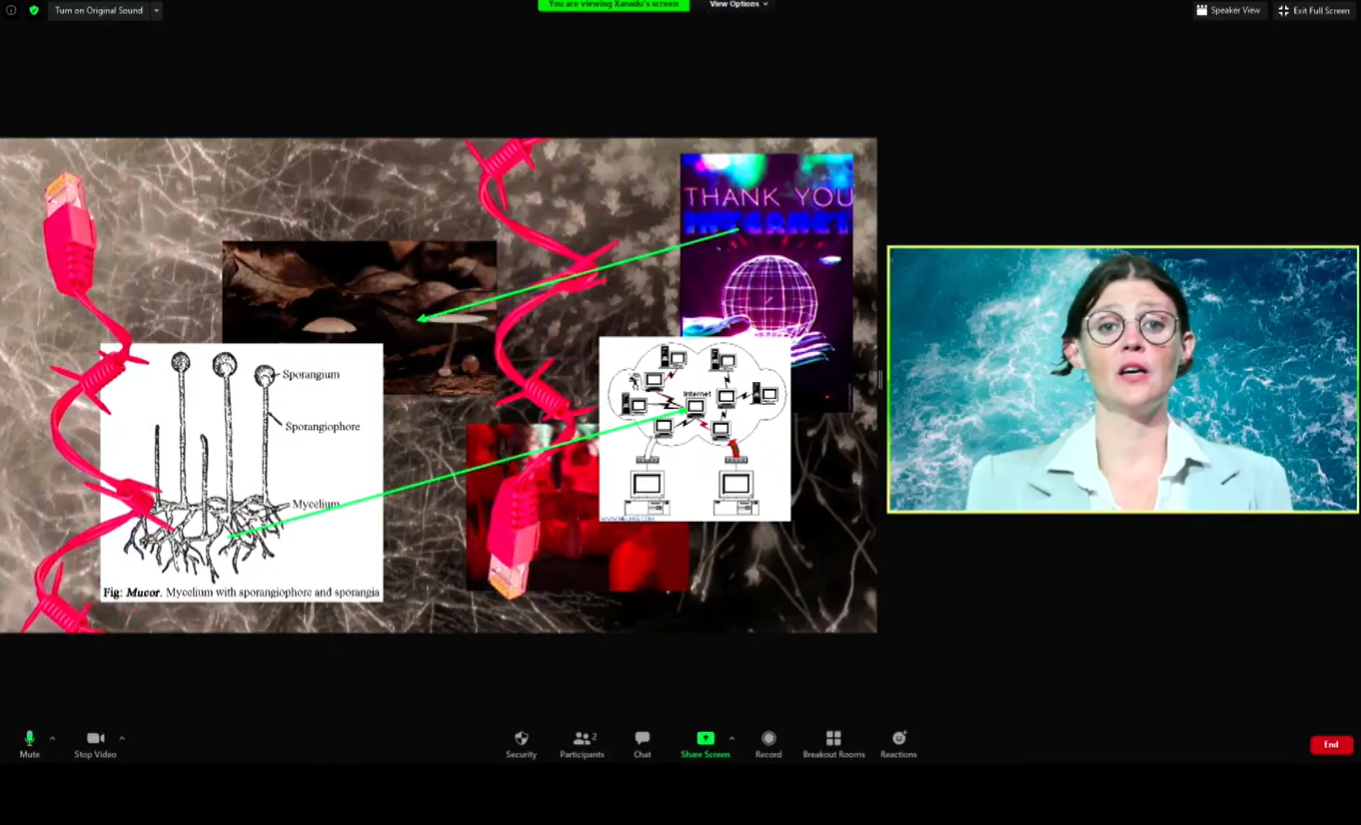PLEASUREDOME
An interactive, online-only livestreamed theatre experience, tearing apart the internet as it is and rebuilding it as the Xanadu wonderland envisioned by philosopher and internet pioneer Ted Nelson.
In 1965, Nelson imagined a radical version of the internet that would help human life evolve into an entirely new form. He also invented the internet-connected dildo. Flash forward 55 years: the internet is 20% porn, 20% cat videos and the rest is targeted advertising from Wish.com.
You can’t help but wonder if 83 year old Ted knew what we were getting ourselves into. Award-winning performance artist Harriet Gillies and new media artist and filmmaker Xanthe Dobbie, whose work draws on humour, pop, sex, history and iconography through a queer and feminist lens, need your help to reinvent the internet as the utopia Nelson intended.
Created and Performed by Xanthe Dobbie and Harriet Gillies.
Digital Collaborator Solomon Thomas
Live Composer Marcus Whale
Dramaturg Declan Greene
Originally developed for Griffin Lock In (2020). Re-developed and presented at Sydney Festival (2021) for Griffin Theatre Company.
Performed on Youtube, Twitch and Chaturbate.
SMH Nude cams and drama in the park: a fresh perspective on theatre:
“Griffin Theatre Company has embraced less traditional theatrical experiences for its 2021 season, including a work performed live over a nude camming website, an online platform by which people perform paid sex acts.”
“The strictly adults-only play, Pleasuredome was created for Griffin during the lockdown. In the 24 hours it was online it racked up thousands of views prompting its revival for a limited season as part of the Sydney Festival.”
SMH Pandemic's digital pivot a boon for creative storytellers:
“The genesis of the show came when Gillies and co-creator Dobbie read about Ted Nelson, the inventor of hypertext, who also coined the term “teledildonics”, the science of internet-assisted sex toys that allow for remote touch between partners.
“We thought this was a really good seed to plant in a time when everyone was feeling quite isolated,” says Gillies. “I think we’re still in the throes of a longer-term reaction to the lack of touch that we now have in our social experiences.”
